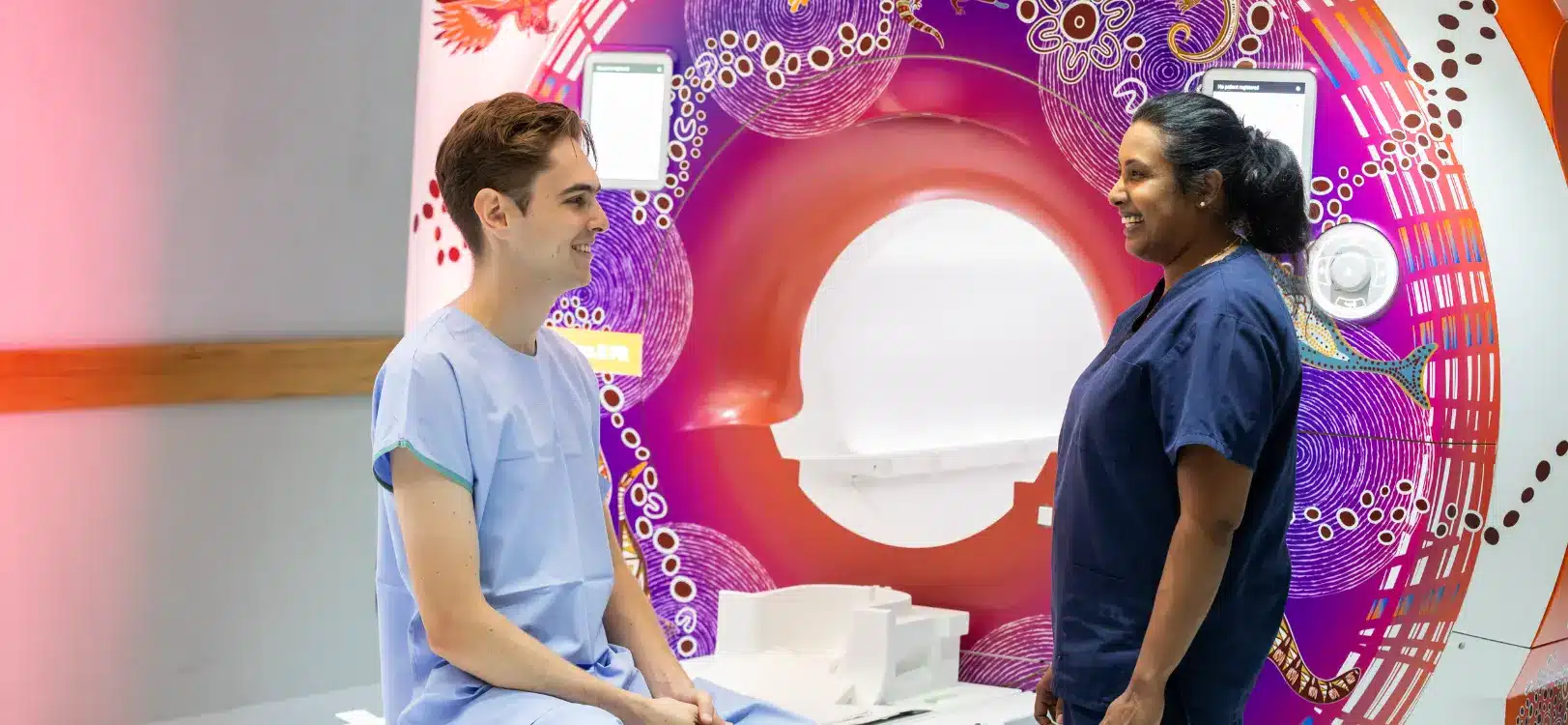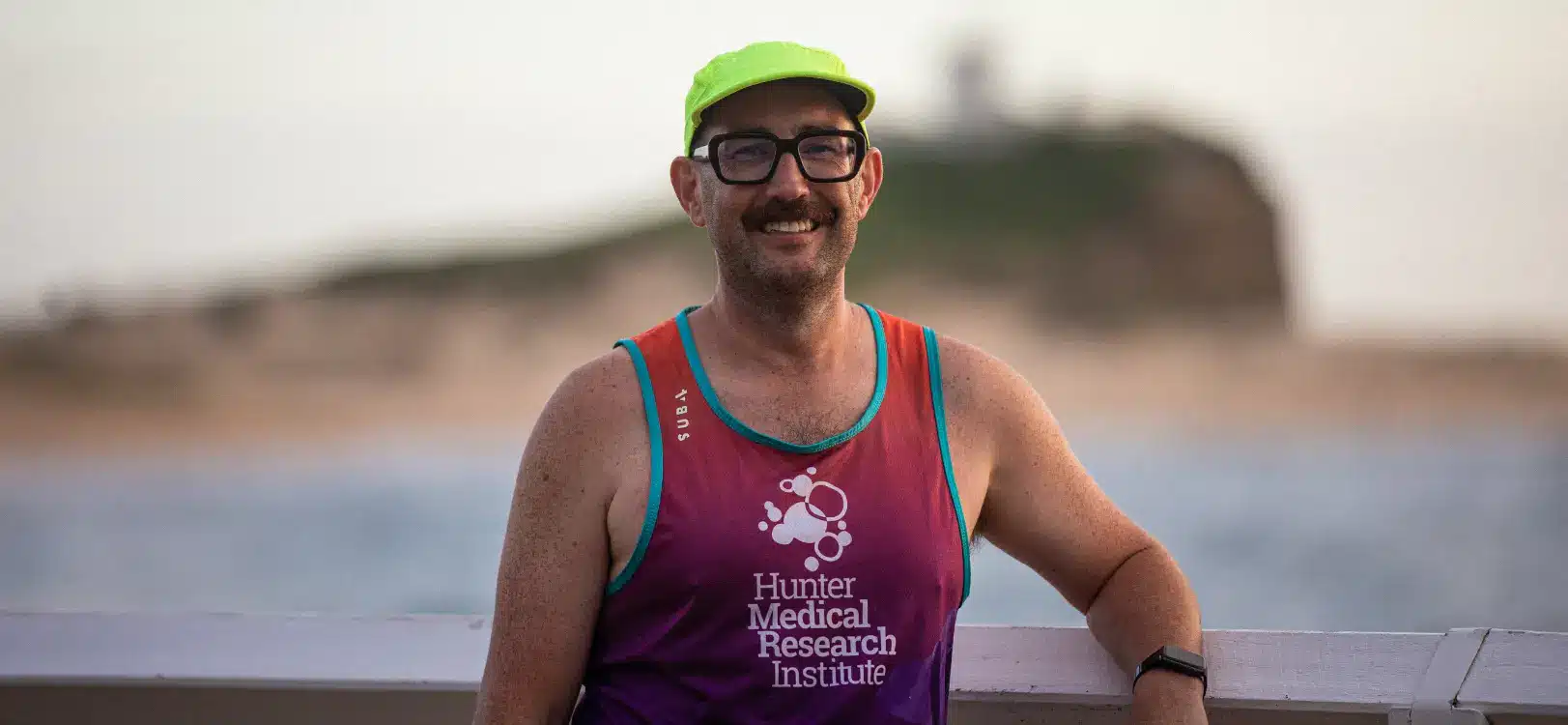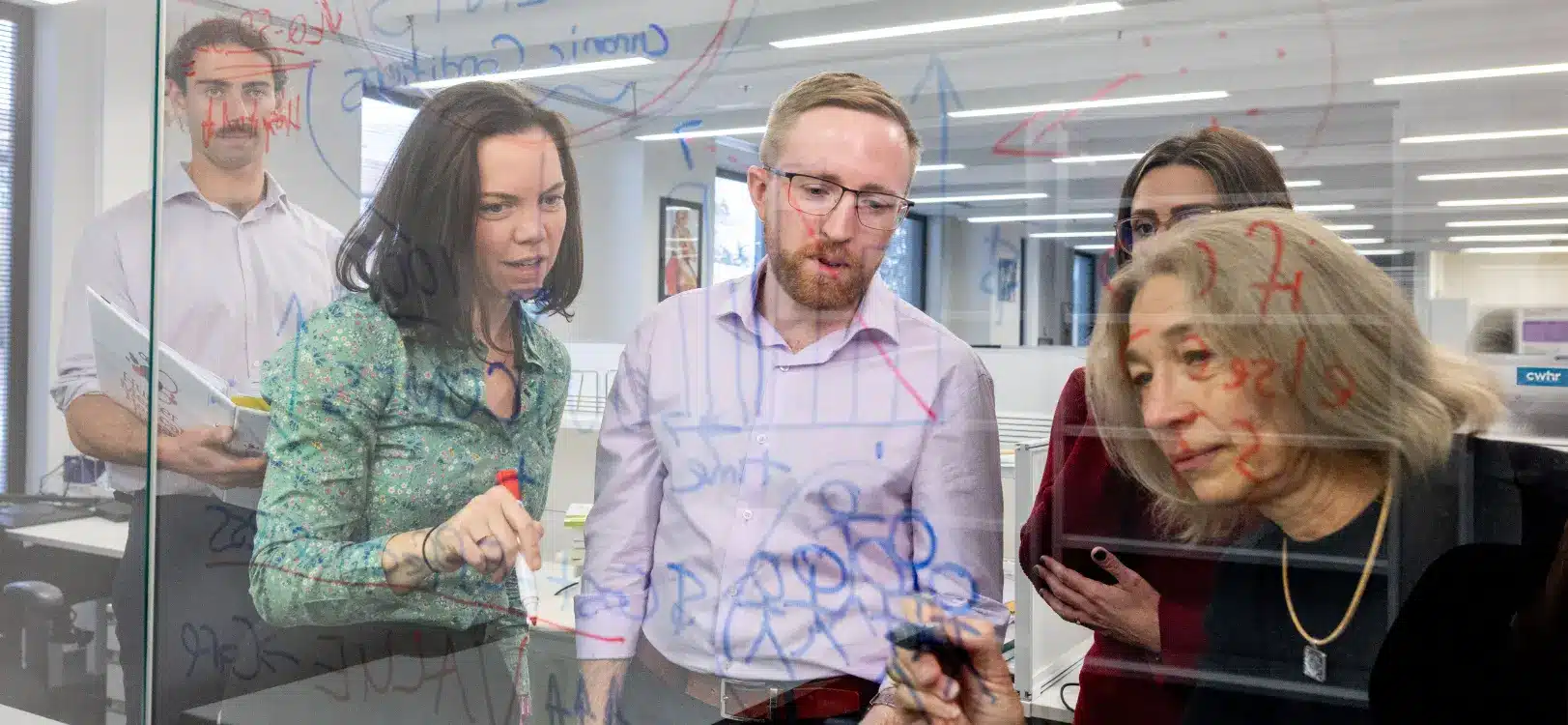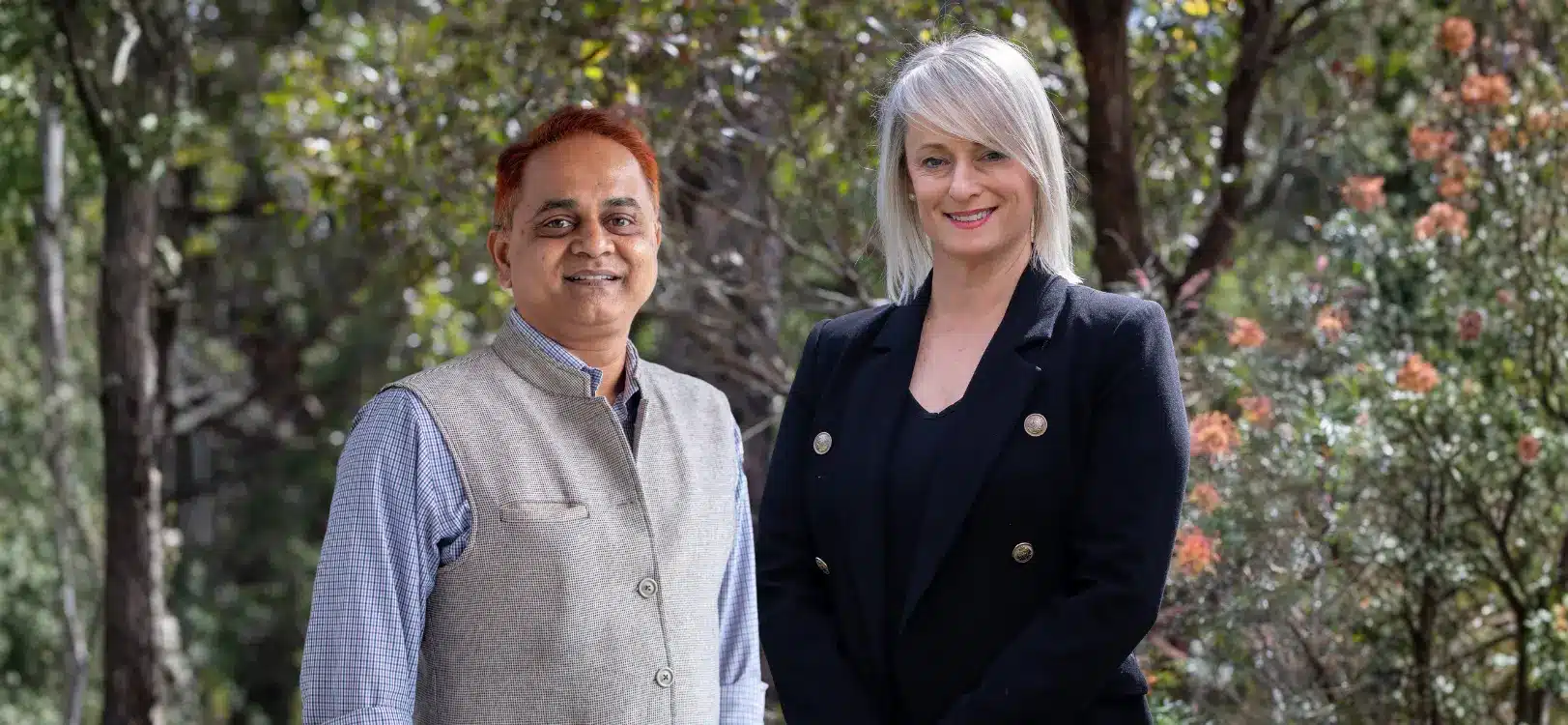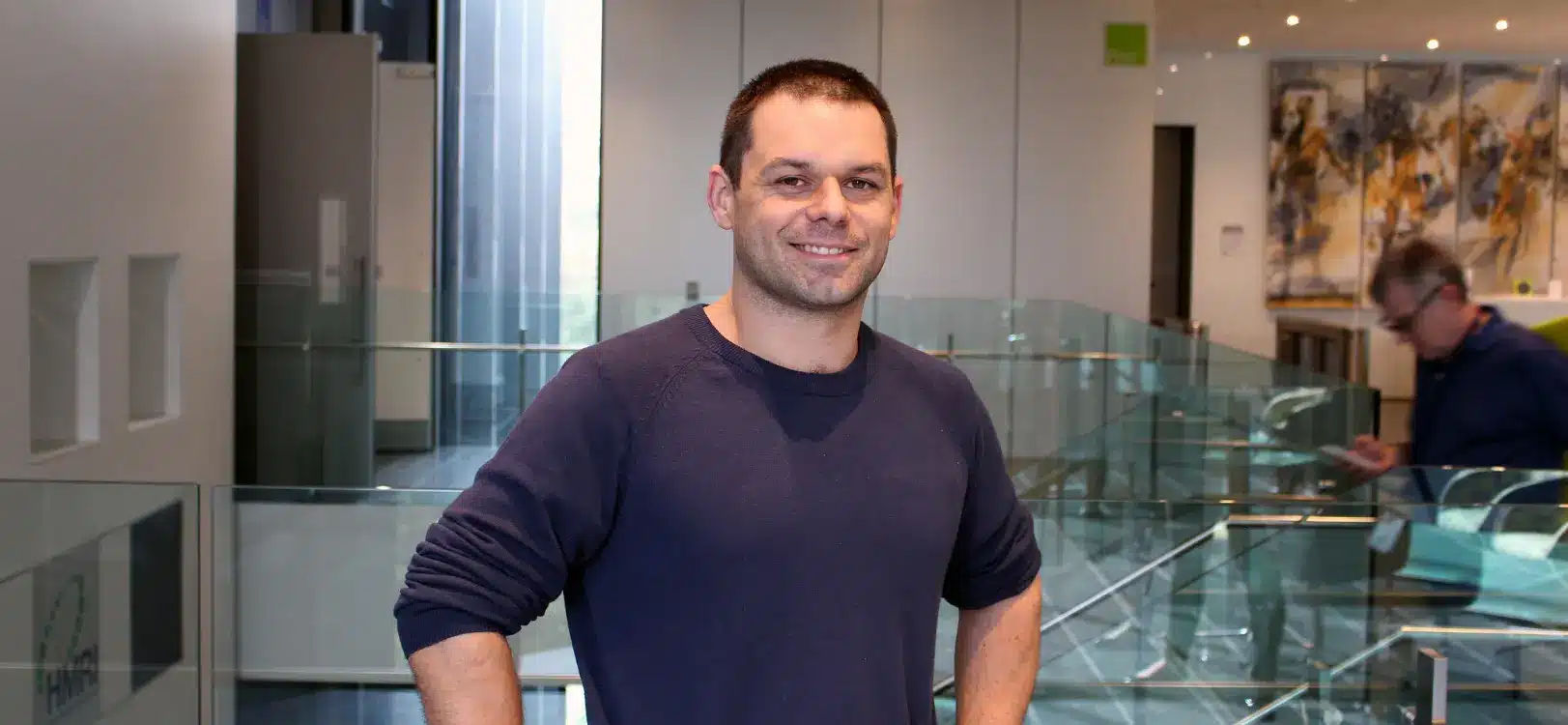Professor Zsolt Balogh is an international leader in surgical, trauma and musculoskeletal research, education and clinical care.
He is the Discipline Head of Traumatology and Surgery at the School of Medicine and Public Health, University of Newcastle, the Director of Trauma at John Hunter Hospital and Hunter New England Local Health District. He also leads the Injury and Trauma Research Program at HMRI.
Professor Balogh is a busy practising trauma and orthopaedic surgeon with a major interest and expertise in complex polytrauma patient management, traumatic shock resuscitation, postinjury multiple organ failure and pelvic and acetabulum fracture patients.
Dr Balogh is the recipient of Australia’s most prestigious surgical research award, the John Mitchell Crouch fellowship of the Royal Australasian College of Surgeons and the Australian Orthopaedic Associations Research Award. Zsolt was also announced as the top researcher of Australia in the field of Emergency Medicine; 2020 and 2021 The Australian – Report on Research.
With over 300 peer-reviewed publications, more than 25,000 citations, and an h-Index of 66 (as of August 2023), Dr Balogh’s research covers many areas of trauma care such as polytrauma, traumatic shock resuscitation, multiple organ failure, pelvic and acetabular fractures, orthopaedic trauma, torso trauma and post-injury critical care.
